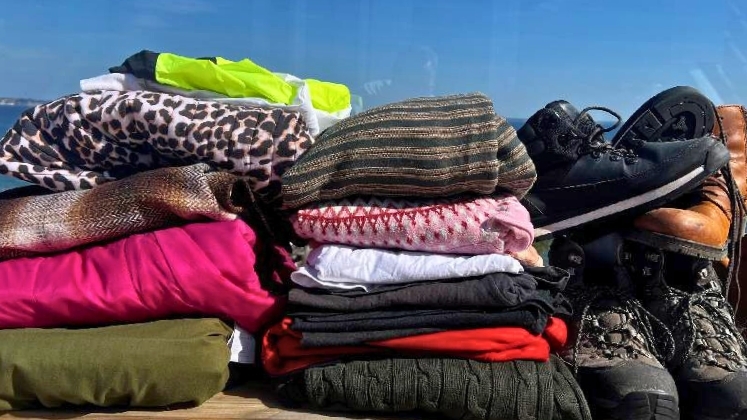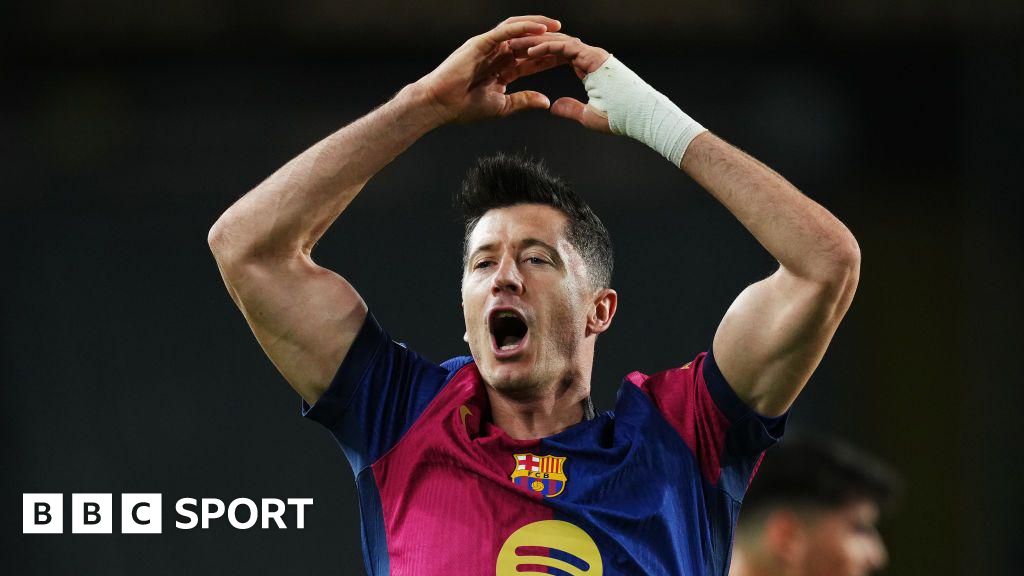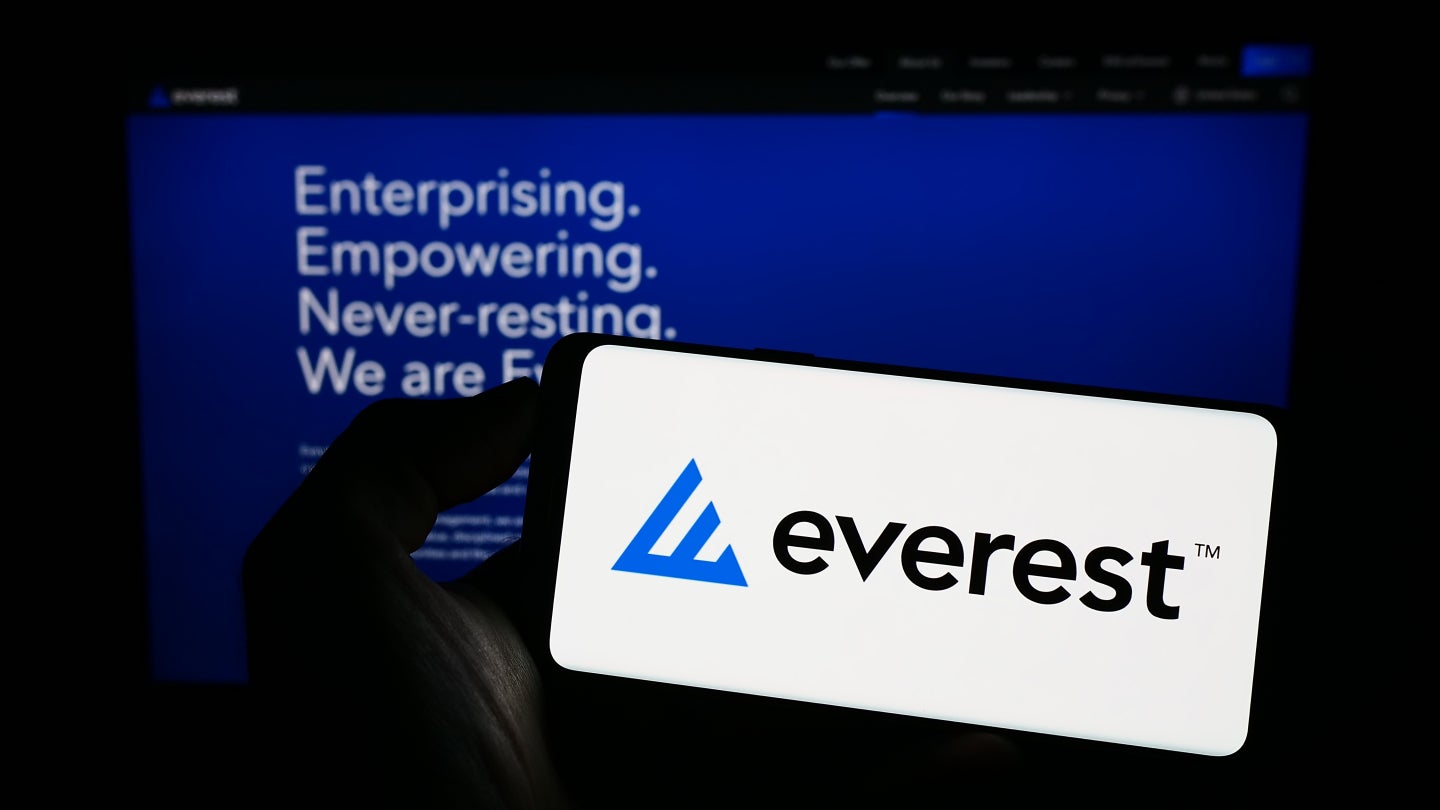Bussiness
Industry asks for effective textiles EPR to drive textile circularity in Europe | Sustainability News Europe

In order to support Europe’s circular textile business, EuRIC Textiles, a branch of the European Recycling Industries Confederation (EuRIC), FEAD, the European Waste Management Association and Decathlon an EU-based sports retailer, together released a position paper advocating for efficient EPR programs and fair competition in the updated Waste Framework Directive (WFD).
Given the global challenges facing the textile sorting and recycling industry, such as the war in Ukraine, logistical challenges in Africa and the rise of ultra-fast fashion, which puts financial and supply pressure on waste management operations, the WFD revision presents a unique opportunity for increased sector competitiveness and greater EU harmonisation. We call for a prompt consensus on the proposed WFD change and efficient EPR scheme implementation in order to resolve these.
Setting specific goals for waste prevention, collection, reuse and recycling; establishing unambiguous end-of-waste criteria; and differentiating between “used” and “waste” textiles are some of the main demands, along with guaranteeing complete accountability and fairness for all pertinent parties participating in the EPR scheme. Negotiations must also go swiftly in order to manage the increasing amount of waste before mandatory collection begins in January 2025 and to establish strict oversight of EPR programs.
In order to create effective EPR programs that encourage infrastructure investments and improve the traceability of wasted textiles, FEAD, EuRIC Textiles and Decathlon implore trilogue negotiators to take these recommendations into account and quickly reach a consensus on the proposed targeted change of the WFD. We are still dedicated to working with legislators to accomplish Europe’s climate neutrality objectives and promote sustainability and circularity in the textile industry.









